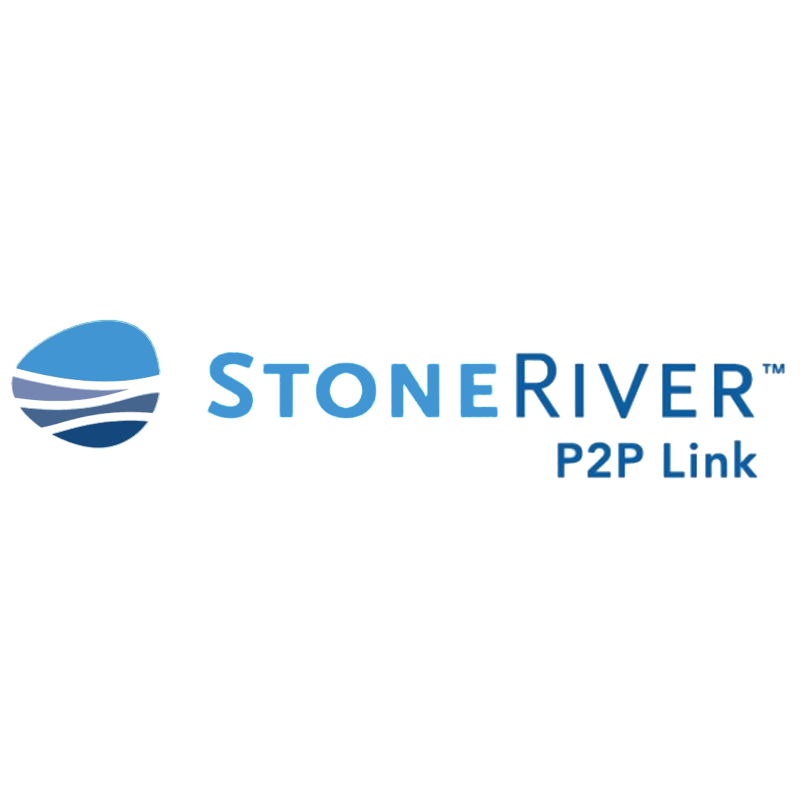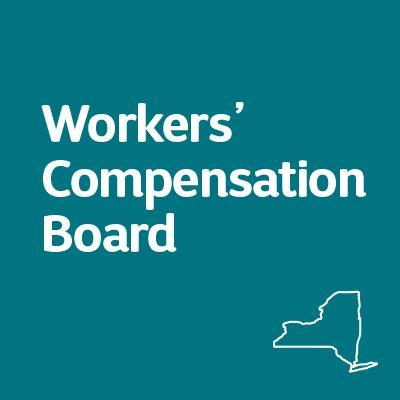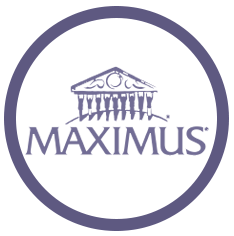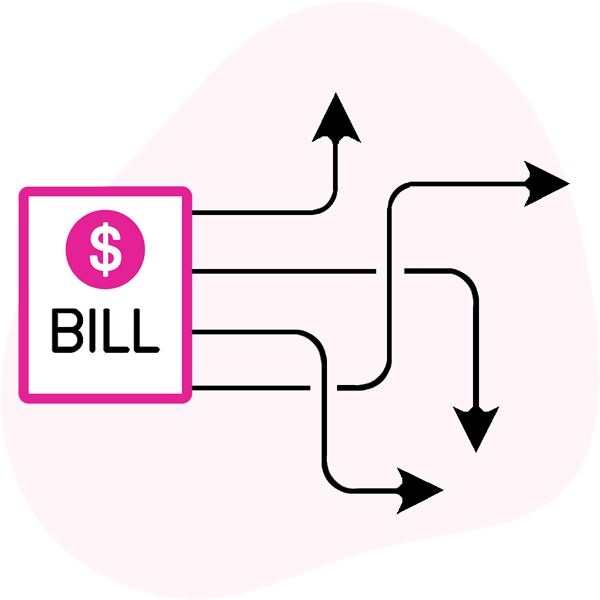Clearinghouses Under the Microscope: StoneRiver P2P

Most claims administrators lack the technology to process electronic bills from providers. Instead, these claims administrators rely on clearinghouses. Since DaisyBill has direct access to all California clearinghouses, we’re uniquely qualified to evaluate and compare the performances of each.
With this series, we take a look at the value each clearinghouse adds to (or subtracts from) workers’ comp.
StoneRiver P2P is unique among clearinghouses, in that it insists on charging providers and their e-billing agents for unnecessary and unwanted services. As workers’ comp strives for lower costs, increased efficiency, and better outcomes for all concerned, this kind of wastefulness holds everyone back.
As technology streamlines the system and reduces the need for intermediaries, companies like StoneRiver may find themselves up a creek.
The Clearinghouse’s Role
Electronic billing is a boon: secure delivery, faster payment, and of course, Earth-friendliness. That’s why California law requires claims administrators to accept e-bills from providers who choose to bill electronically.
However, most claims administrators need help processing e-bills, which is where clearinghouses come in.
Since the law requires that claims administrators must accept e-bills, e-billing regulations require that providers must send e-bills to the claims administrator’s designated clearinghouse. In California, claims administrators contract with any one of 4 different clearinghouses to receive and respond to provider e-bills.
Importantly, it’s the claims administrator’s responsibility — not the provider’s — to secure clearinghouse services, at the claims administrator’s expense. Providers submitting complete e-bills should face no charge from the clearinghouse unless the clearinghouse provides services to the provider, like bill scrubbing and formatting.
As we pointed out in our post on CorVel, the national third-party claims administrator which handles e-bills in-house, the right technology can eliminate the need for a clearinghouse. CorVel takes care of its own e-bill processing and payment without using a clearinghouse, demonstrating what’s possible going forward.
StoneRiver: P2P Pointlessness
For DaisyBill clients, our software produces compliant, scrubbed e-bills in the correct format as required by California law. DaisyBill then compliantly sends the bills directly to each claims administrator’s designated clearinghouse.
That is to say, our providers require nothing from clearinghouses aside from simply passing bills through to claims administrators.
That’s fine for most clearinghouses, which earn their money by charging claims administrators for necessary services. But apparently that’s not enough for StoneRiver P2P, which insists on also charging providers — even those who secure their own e-billing solutions.
Clearinghouses may not charge providers (or providers’ e-billing agents) for simply accepting compliant e-bills on claims administrators’ behalf. Charging a provider to submit an electronic bill is akin to charging a provider to open the envelope that contains a paper bill. If the provider needs no optional services, the clearinghouse has no reason to charge a single cent to the provider or the provider’s agent.
That’s as it should be. The value of e-billing rests on the notion that it saves time, money, effort, and natural resources.
But in order to collect money from providers, StoneRiver requires providers to pay for e-billing services. Rather than simply accepting our client’s e-bills and passing them to the claims administrator, StoneRiver scrubs and formats the already scrubbed and formatted bills, and imposes fees for their needless effort — fees that no other clearinghouse assesses.
In other words, StoneRiver wants to collect money from both claims administrators and providers, even if it has to force providers to pay for unnecessary, unwanted, and pointless services.
When we raised our objections to StoneRiver, their representatives simply informed us that StoneRiver only offers service packages that include these redundant services. There is no option to not use these services, and therefore no way to avoid the unnecessary charges StoneRiver imposes.
In effect, this makes StoneRiver’s client — the claims administrator — noncompliant. Claims administrators may not impose costs on providers for submitting electronic bills, even through an agent like StoneRiver. But claims administrators that designate StoneRiver as their clearinghouse do exactly that: they force providers to pay for submitting e-bills.
StoneRiver P2P is a perfect example of everything that holds workers’ comp back: needless friction, wasted resources, and a commitment to profitable inefficiency. Apparently the old adage is true: idle hands do the devil’s work, even if they have to create that work for themselves to justify a payday.
DaisyBill does e-billing right. Our Billing Software generates complete, compliant bills for treating injured workers, along with RFAs, appeals, and more. Schedule a free demonstration, and see what DaisyBill can do for your office.
SCHEDULE DEMO
DaisyBill provides content as an insightful service to its readers and clients. It does not offer legal advice and cannot guarantee the accuracy or suitability of its content for a particular purpose.





